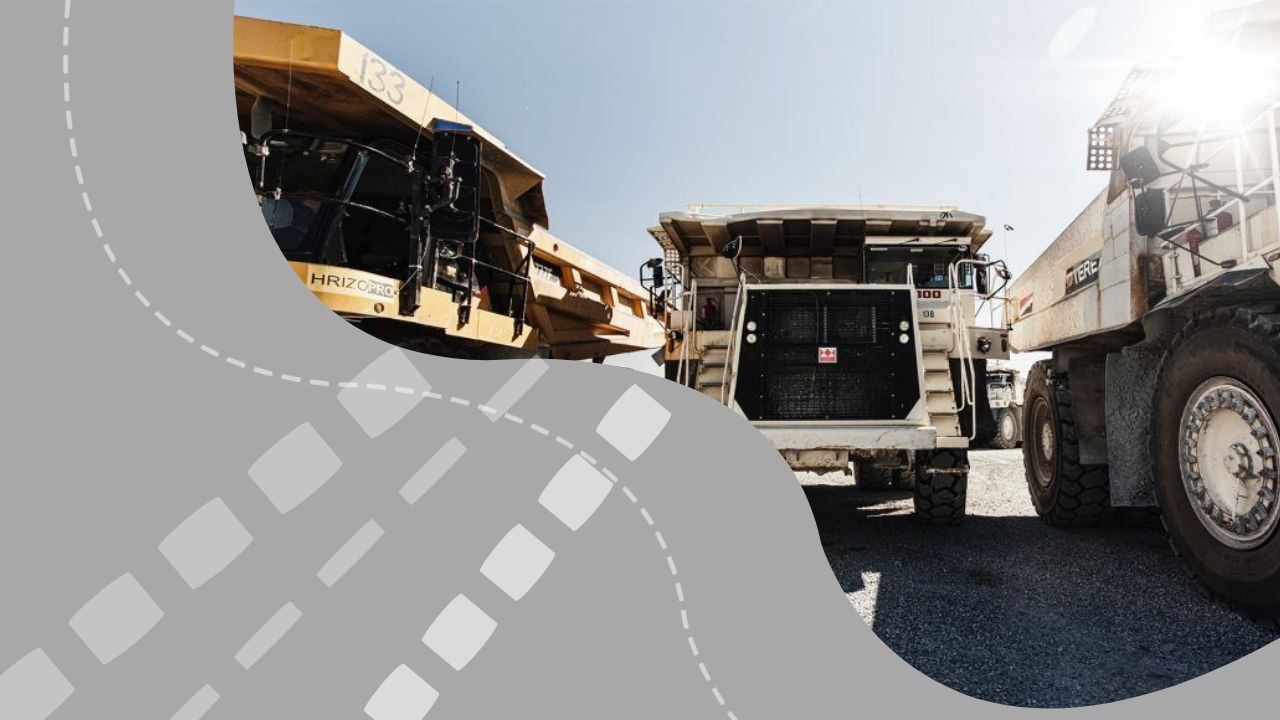Fuel prices on the domestic market of Kazakhstan are constantly rising during the heating seasons, including due to intermediary companies. A parliamentary request related to the rise in coal prices was voiced by deputy Sergei Ponomarev during a plenary meeting of the Majilis. The portal Informburo.kz writes about this .
According to Mr. Ponomarev, intermediaries significantly increase the final cost of fuel. As an example, he cited coal prices in the Shet region – 25 thousand tenge per 1 ton, while directly at the exit from the Shubarkol deposit, raw materials cost almost three times less – 8.5 thousand tenge per 1 ton.
Majilismen want the Agency of the Republic of Kazakhstan for the Protection of Consumer Rights to get involved in solving the problem. The department needs to identify unscrupulous intermediary companies and achieve a reduction in prices for coal, which residents of the republic buy at retail.
In addition, in their request, the deputies noted another controversial point in the development of the industry. As Mr. Ponomarev emphasized, some companies mining coal “give nothing to the state in return,” which is prohibited by the republican subsoil code.
For example, the Majilisman is dissatisfied with the activities of the Aktas Komir enterprise, which has not yet built a special coke production facility in the Karaganda region, although it is increasing its coal production every year.
The deputies also propose that the Supreme Audit Chamber of Kazakhstan conduct an assessment of the effectiveness of the industrial and innovative development program and identify which industry companies use public funds irrationally.

